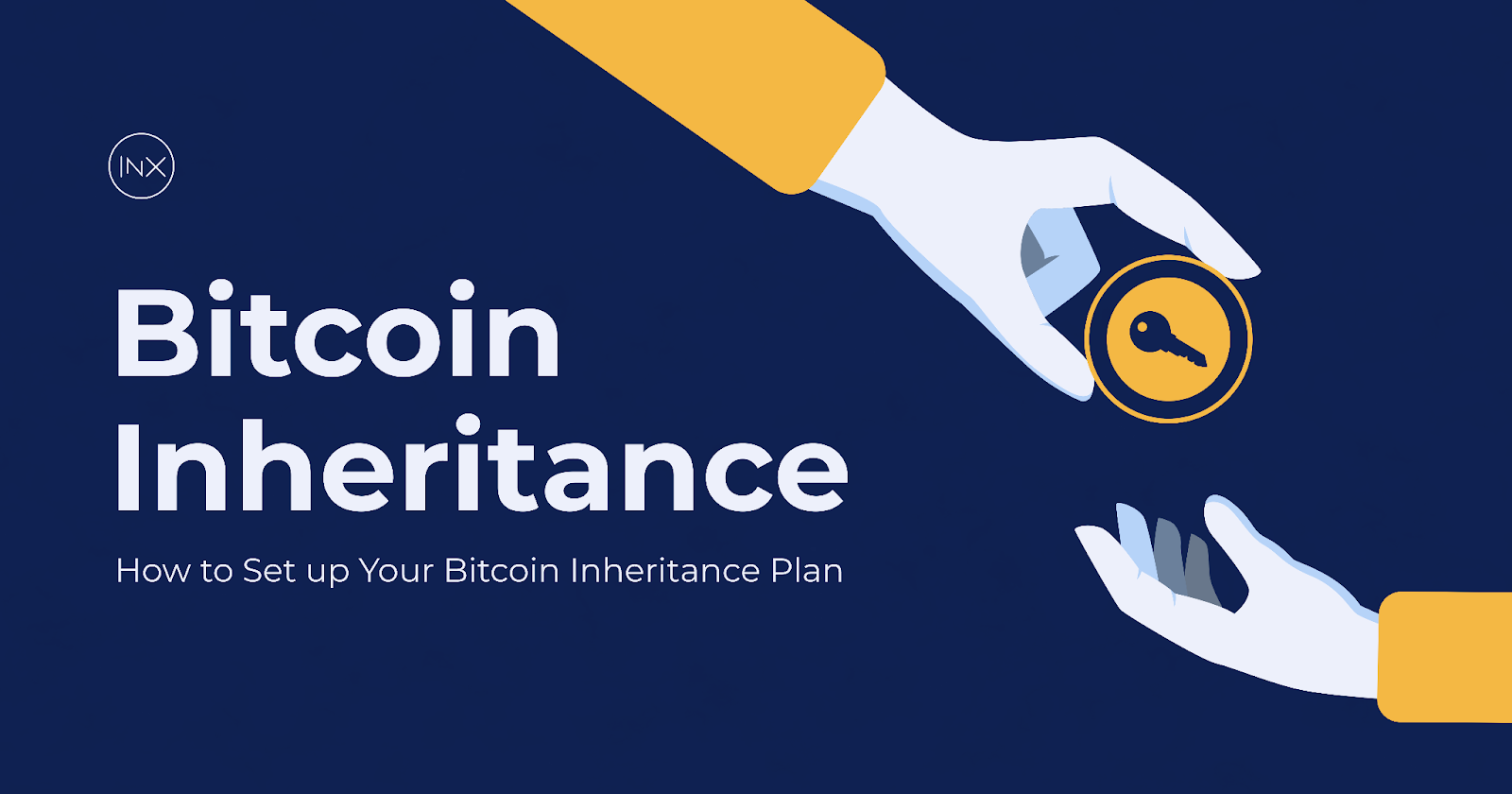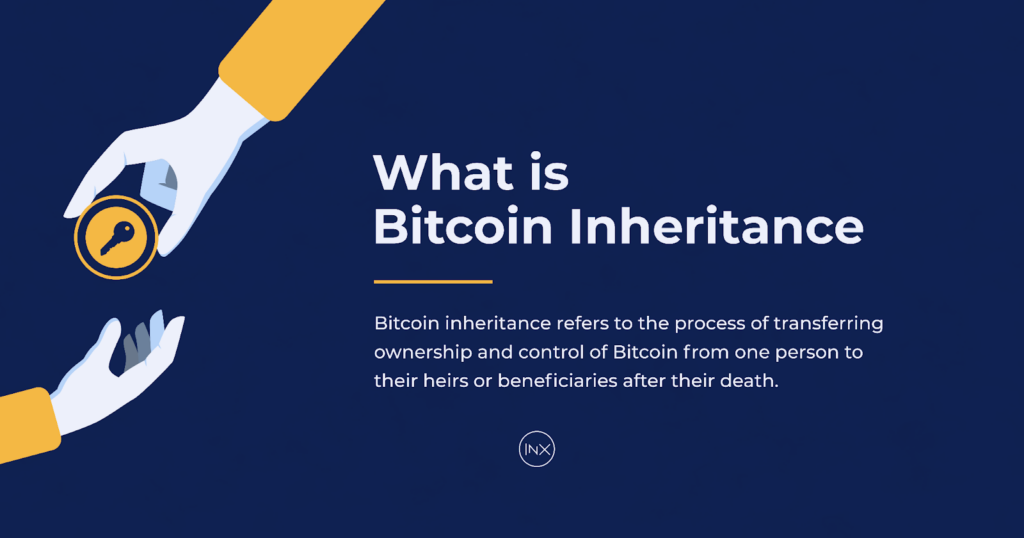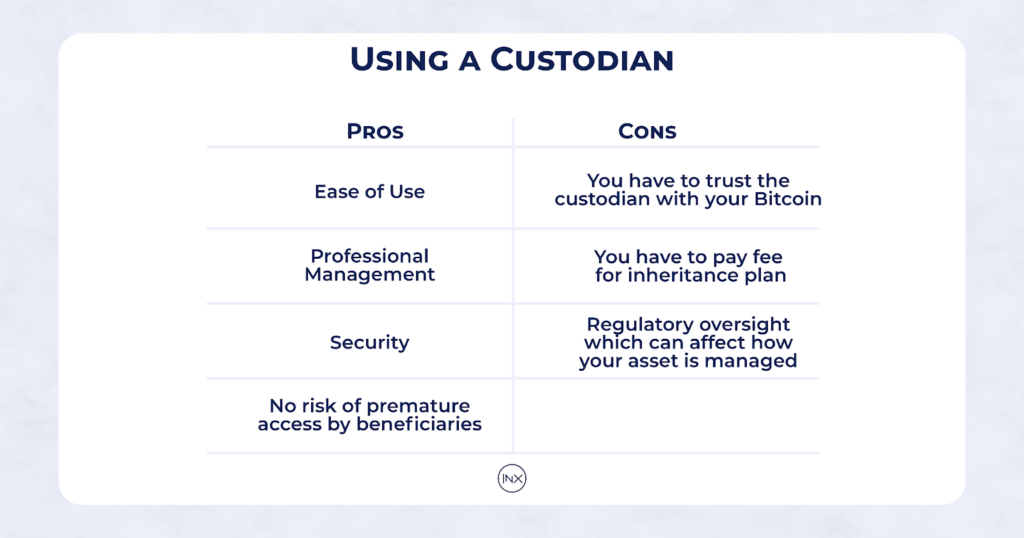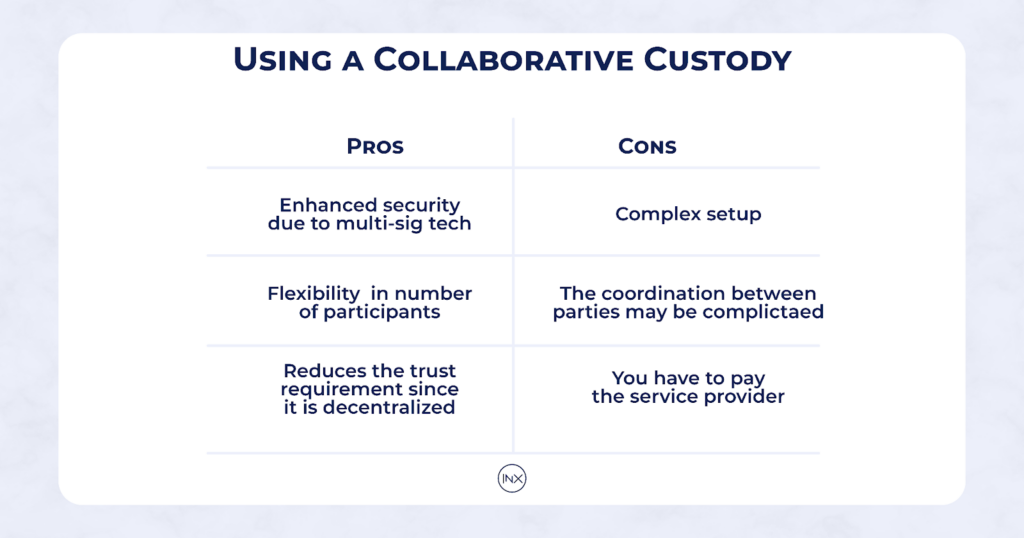Bitcoin Inheritance: How to Set up Your Bitcoin Inheritance Plan
Meta Description: A Bitcoin inheritance plan allows the easy transfer of Bitcoin to a beneficiary in case of death. In this guide, we cover how Bitcoin inheritance works and how to set one up.

Bitcoin is a multi-generational asset; that is a fact! But what happens to your Bitcoin after you’ve created generational wealth? How do you pass it on to your family or beneficiaries?
A Bitcoin inheritance plan helps to tackle this problem by creating a way to legally and technically pass your coins to your next of kin. In this piece, we look at what a Bitcoin inheritance plan is and how to set up one.
What is Bitcoin Inheritance?
Bitcoin inheritance refers to the process of transferring ownership and control of Bitcoin from one person to their heirs or beneficiaries after their death.
While your Bitcoin inheritance can be as simple as writing your seed phrase on paper, the process can be tricky. Since that piece of paper is the key to your crypto wallet and your Bitcoin, you can’t afford for it to fall into the wrong hands. Your inheritance plan ensures that your Bitcoin is safely passed to your beneficiaries.

How to set up a Bitcoin Inheritance Plan
Generally, there are three options to set up your Bitcoin inheritance plan:
- Custodial custody (trust a third party)
- Collaborative custody
- Self-custody
In this section, we’ll cover how each option works and how to set it for your Bitcoin inheritance plan.
Set Up Your Bitcoin Inheritance with a Custodian
The custodian option usually means entraining your Bitcoin to a trusted third-party platform (custodian) that specializes in inheritance planning. The custodian is in charge of transferring it to your beneficiaries after death after verification.
A major advantage of this option is its convenience and ease of set-up, especially for users who don’t want the complexities of managing their Bitcoin directly. It also doesn’t require any level of responsibility from the beneficiaries to protect the private key. Most times, the beneficiary only has to contact the custodian and prove that the owner is deceased to inherit the Bitcoin.

Setting up a custodial inheritance is quite simple; the most important part is selecting the custodian. You want to choose a reputable and secure custodian for your planning. Examples of such inheritance services are the Coinbase custody wallet and BitGo Trust.
The next step is to work with the custodian and an attorney to incorporate the Bitcoin holding into your estate plan or will.
Most of the time, this will require naming the beneficiaries and giving instructions on how the Bitcoin should be distributed or managed. The good part is that most custodians also offer management of your holding, including legal and tax advice.
The downside to using custodians is the level of trust that comes with it; remember, “not your keys, not your coins.” To use custodians, you have to deposit your Bitcoin with a third party, which introduces counter-party risk. You’ll also have to pay a fee to the custodian to help manage and maintain your inheritance plan.
Set Up Bitcoin Inheritance with Collaborative Custody (Use Multi-Sig Wallet)
Collaborative custody leverages Multi-Signature wallets to help set up your inheritance plan. With a multi-sig wallet, multiple parties (the owner, beneficiary, and service provider) hold different keys to access the Bitcoin wallet. In this case, at least two out of three parties must sign the transaction to move the Bitcoin.
With this setup, if the owner passes away, the service provider and the beneficiary sign the transactions together to move the Bitcoin to a different wallet address.

Collaborative custody protects the owner, as the beneficiary can’t move the Bitcoin alone. The provider won’t agree to sign the transaction unless they’ve confirmed that the owner has passed. Some service providers usually have a waiting period to confirm that the owner is truly deceased.
A downside to using collaborative custody is that using a multi-sig wallet may require a complex set-up process, which may require a certain level of technical knowledge. The good thing is that most providers try to make the process as simple as possible and help beneficiaries claim their Bitcoin inheritance. Examples of tailored collaborative inheritance providers to consider are Unchained and Casa.
Set up a Self-Custody (Private Keys) Bitcoin Inheritance Plan
With Self-Custody, you personally manage and store your Bitcoin, typically using a hardware wallet. In this case, you have complete control over your Bitcoin and incur lesser costs. Since your private keys (seed phrase) are the only thing anyone needs to access your wallet, self-custody involves creating a backup and making that available.
Most people write this down and store it in a safe place, like a safe deposit box that becomes available upon their death. For this to work, you’ll need to provide clear, written instructions on how to access and manage your Bitcoin. These instructions should include how to use the hardware wallet, the location of the seed phrase backup, and any necessary passwords or PINs.
A downside to self-custody is that the Bitcoin may become inaccessible should the backup go missing. There is also the risk of the backup getting into the wrong person’s hand, which can lead to theft.

What to Consider When Setting Up Your Bitcoin Inheritance
The first thing to consider is the setup you want to use for your Bitcoin inheritance. If you’re confident you can keep your private keys safe and pass them on to your beneficiaries, self-custody might work for you. However, collaborative custody and custodian help to reduce the risk of premature access by your beneficiaries. While they may be more expensive, they also have a lower risk of Bitcoin accessibility.

You should also consider the legal and tax implications of your Bitcoin inheritance. Ensure your Bitcoin is explicitly mentioned in your will or trust. You should also understand legal requirements and inheritance laws, as they can significantly affect your plan.
A great way to ensure compliance is to work with an attorney to draft clear instructions and legal documents.
FAQs
- Can Bitcoin be Inherited?
Yes, Bitcoin can be passed down through a will or trust. However, the beneficiaries need to be able to access the Bitcoin. Unlike traditional assets, Bitcoin is a digital asset stored on the blockchain and accessed through private keys. Therefore
- Who Inherits the Bitcoin if there is no will?
If someone passes away without a will, the situation is known as dying intestate. The distribution of their Bitcoin and other assets is governed by the intestacy laws of the jurisdiction where they resided. Intestacy laws vary by country and even by state or province within a country, but they generally follow a similar pattern. The Spouse and children are the primary beneficiaries or the parents if there are no surviving spouses or children. If the parents are deceased, the Bitcoin is shared among their siblings.
- What is Bitcoin inheritance?
Bitcoin inheritance refers to the process of transferring ownership and control of Bitcoin from one person to their heirs or beneficiaries after their death. This ensures that the digital assets are not lost and can be accessed and managed by the designated individuals according to the deceased’s wishes
- Why is it important to set up a Bitcoin inheritance plan?
Setting up a Bitcoin inheritance plan ensures that your Bitcoin can be securely and efficiently passed on to your beneficiaries. It prevents loss of access to your digital assets and helps comply with legal and tax obligations. Additionally, it provides peace of mind, knowing that your financial legacy will be preserved and managed according to your wishes.
- What legal and tax implications should you consider when setting up a Bitcoin inheritance plan?
When setting up a Bitcoin inheritance plan, ensure your Bitcoin is explicitly mentioned in your will or trust. Understand the legal requirements and inheritance laws in your jurisdiction, as they can significantly affect your inheritance plan. Work with an attorney to draft clear instructions and legal documents. Additionally, be aware of potential estate and capital gains taxes on inherited Bitcoin and document the value of the Bitcoin at the time of inheritance to determine tax liabilities accurately.
The INX Digital Company INC May 30, 2024
The INX Digital Company inc. is an expert in the field of finance, crypto and digital securities.






